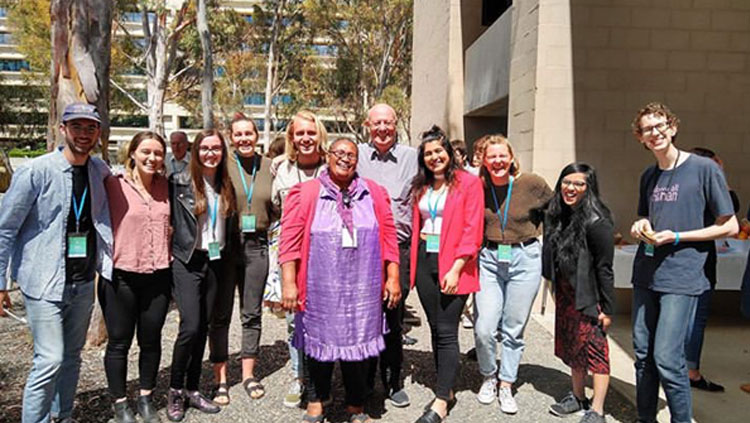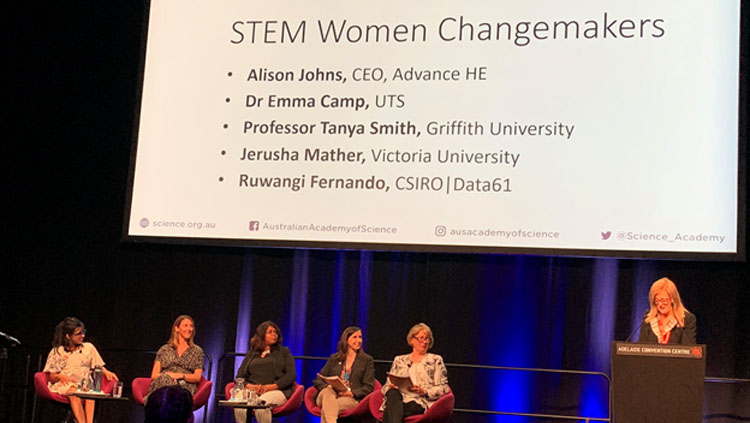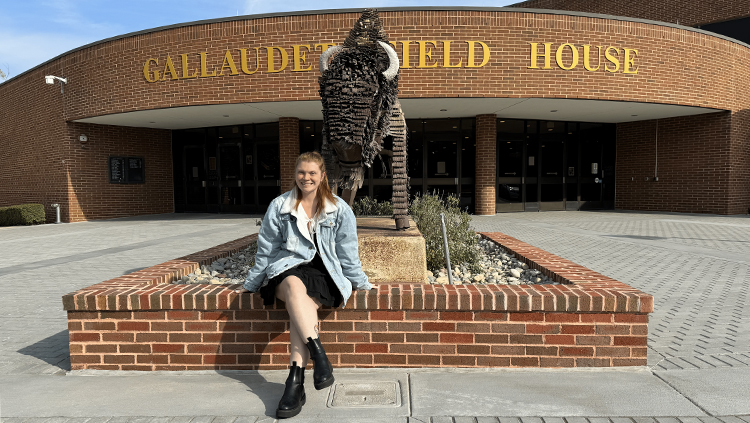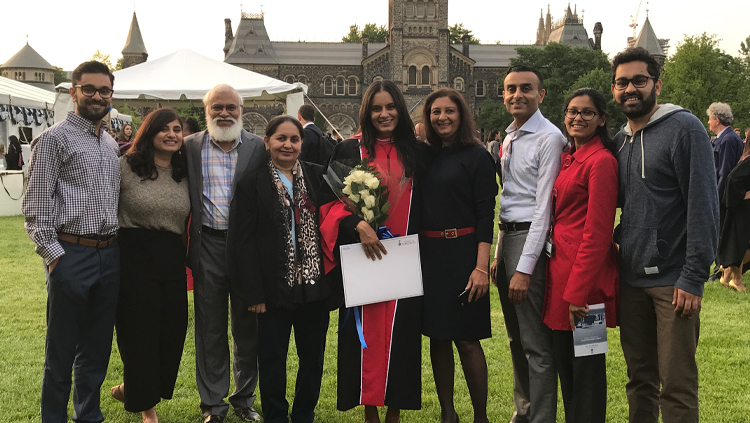
After grad school, I was looking for a PhD opportunity where I could make a difference in my community and contribute meaningfully to the literature. However, none of the projects I discussed with supervisors appealed to me. I was getting pretty discouraged.
Then, I remembered something I’d read in passing, about non-invasive brain stimulation and strength training in improving motor function in children with cerebral palsy. I wondered if a similar approach could be used in adults. I actually live with cerebral palsy and have seen how adults with cerebral palsy are underrepresented in medical research. It all clicked, and I became even more motivated to pursue this goal. But I still needed to find a supportive supervisory team.
I stumbled across a potential supervisor on the internet who had similar research interests to mine and emailed her. She encouraged me to apply to Victoria University and for a research grant through the Cerebral Palsy Research Alliance to fund my project. I was fortunate enough to receive both. After knocking on many doors, and lots of waiting, it all came together.
Deep down, I knew I was born for this.

My overall goal in research is to help adults with cerebral palsy gain an increased level of independence and confidence. Doing research enables me to channel my creativity and analytical skills to focus on something that’s important to me, and it’s made my experience really rewarding so far. My overall goal in research is to help adults with cerebral palsy gain an increased level of independence and confidence.
Right now, I’m working on a systematic review and meta-analysis on whether strength training can improve neuromuscular and motor function in adults with cerebral palsy. Once my review has been completed, I look forward to presenting my findings at conferences, publishing my review in a peer-review journal, and continuing my research trajectory.
Outside of research, I’m part of a collaboration of other researchers in my field where I provide advice to a research team. I’ve also founded a medical education initiative on Instagram (@canpremed3) and through that have learned so much about how sharing knowledge in a fun way can be a huge motivator for students to continue learning.
I do have my stressful days where I feel quite lonely and anxious, as we all do. However, I consider living with cerebral palsy to be my superpower. I believe my lived experience can offer a unique perspective and make people feel more comfortable in my presence since I can relate to them. This propels and strengthens my vision to make a difference in the world, and it’s given me the mental stamina and focus to tackle challenges in a calm manner. In that way, my cerebral palsy has given me more ability.
Disabilities shouldn’t be viewed as problems, but rather another part of human diversity to celebrate. I love my life. We need to see a shift in how we talk and write about disability in medicine and research —vocabulary matters.
Another step involves creating a more inclusive research environment for people with a disability. Medical schools, research institutes, and universities can create pathways or access schemes designed specifically for people with a disability who would like to study medicine and do research.
The Australian Medical Council states that medical schools should create these paths for disadvantaged groups, Giving someone a fair chance is important. Otherwise, you may be missing out on a brilliant innovator.but I see opportunity for medical schools to do a better job upholding this responsibility. I am working with a colleague from the Australian Medical Association to hold medical schools accountable and ensure that no discrimination occurs for people with a disability who would like to pursue a career in medicine. We are building a strong case to fight for the rights and representation of this group.
Giving someone a fair chance is important. Otherwise, you may be missing out on a brilliant innovator. My advice to others is in the face of adversity is to always speak up for yourselves. Find yourself a good support network and don’t worry about what others think of you.
I would like to live in a world where a colored woman with a disability becoming a scientist or doctor is seen as normal, and I believe that one day it will.








